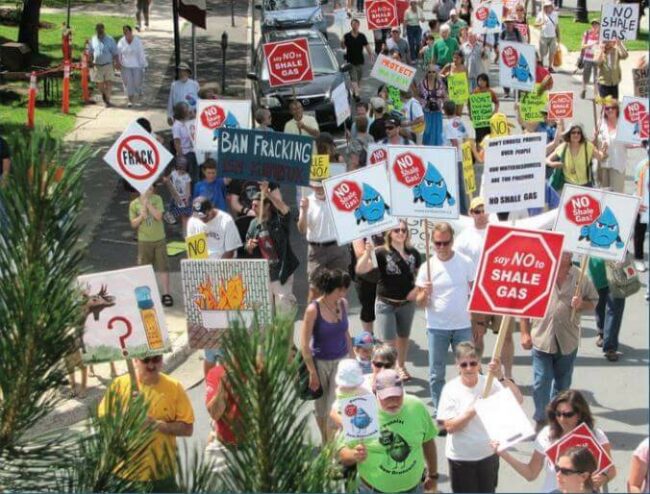FREDERICTON — Lois Corbett, Executive Director of the Conservation Council of New Brunswick, issued the following statement about the report released today by the New Brunswick Commission on Hydraulic Fracturing:
“The Commissioners’ report gives New Brunswickers more evidence that our government made the smart policy decision by putting a moratorium in place and throws down the gauntlet for us to start the transition to a thriving low-carbon economy.
The Commissioners rightly point out that the world shifted with the signing of the first universal climate agreement and that the best opportunities for jobs and economic growth are now coming from clean energy and energy efficiency. Energy efficiency, especially, has long been recognized as a tool for creating jobs and keeping electricity affordable.
We agree with the Commission that, in order to fulfill our duty to the rest of Canada and the world on climate change, New Brunswick must transition away from the old-world economies of resource extraction and into a new era built around new technology and driven by clean energy.
We don’t need natural gas to play a big role as we make this transition. If we spent 90% of our effort and New Brunswickers’ ingenuity focused on building the clean energy transition then we’d all be much better off than continuing an endless conversation about fracking.
The report also makes it it clear that New Brunswick’s system for protecting the environment and regulating energy projects is prone to conflicts of interest and is at best years away from being ready to handle an industry like shale gas. The Commissioners say Nation-to-Nation relationships with First Nation communities are sorely lacking and that the public has low confidence in government’s regulations and ability to protect drinking water. They say they believe a significant number of New Brunswickers share the Commissioners’ desire to “begin the transition to a new economic and environmental reality.”
The moratorium was the smart public policy decision in 2014 and it remains the right public policy well into the future. The Commissioners outline the crossroads our province — and the world at large — is facing, and it’s hard to imagine a future for new shale gas development in a world committed to protecting our families from climate change. Our best bet for creating jobs right now in New Brunswick is through energy efficiency and clean power technology. That’s the road we need to take, and it’s the road that doesn’t put our drinking water or communities’ health at risk.”
—30—
Read our press release.
The report will be available on the Commission’s website.
Read the submissions the commission received from groups and individuals here.
Contact: Jon MacNeill, Conservation Council of New Brunswick. Office: 458-8747; Cell: 261-1353; Email: jon.macneill@conservationcouncil.ca

